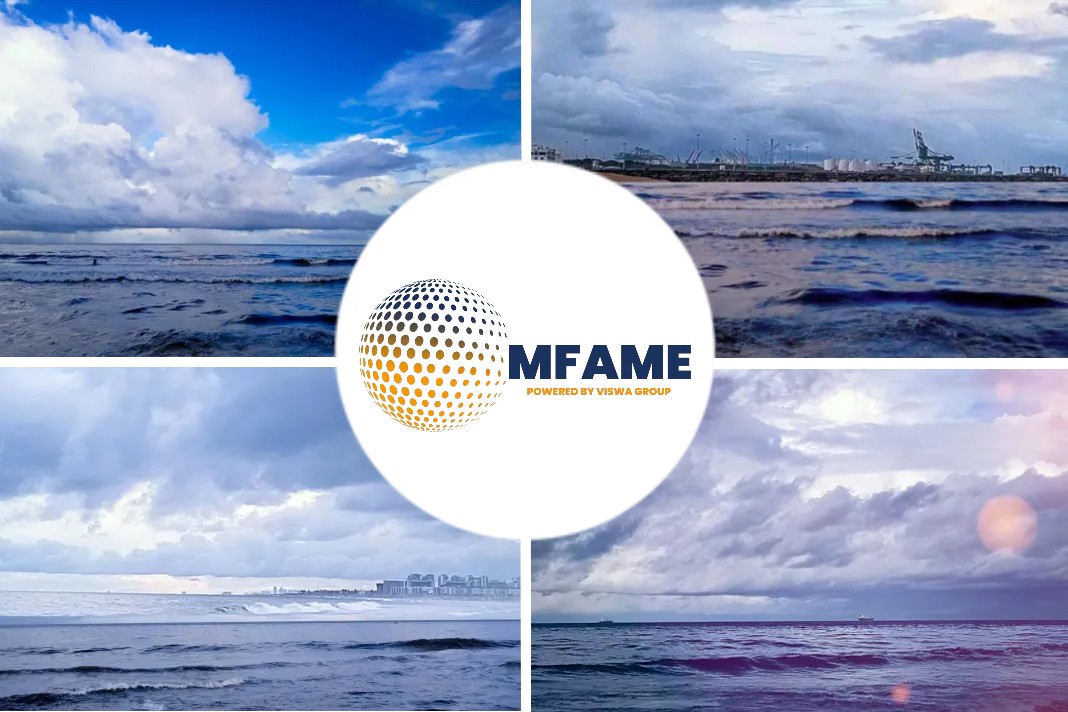A recent article published in BIMCO reveals the wild prediction for the shipping sector in 2020 made by seven industry experts who were invited.
The creative predictions
From a total ban on open-loop scrubbers to high sulphur fuel oil disappearing from the global bunker market, the predictions are creative, a little on the wild side, quite unlikely to happen, and yet still within the realms of possibility.
George Souravlas, CEO, Load Line Marine
“Swedish scientific research proves that zooplankton is seriously damaged by the effluent of open-loop scrubbers. The evidence is so compelling that many nations reconsider their position. Australia, South Africa, India, Brazil and Canada decide to ban them in their respective areas. In addition, demand rises, and ships speed up again. The International Maritime Organization, the European Community and the shipping community decide to take immediate measures. Consequently, slow steaming, through a power reduction programme, is adopted as an intermediate measure to reduce emissions.”
Paul Millar, Head of Global Credit, Bomin Bunker Holding GmbH & Co.
“2020 will be a seismic year for bunker traders. The oil majors will take a bigger market share and, in the new low-sulphur fuel environment, buyers will seek to buy more directly from physical suppliers. Bunker traders’ working capital will come under strain because of the higher fuel prices, slowerpaying (or failing) customers, and cash flows will be disrupted, because very low-sulphur fuel oil claims will lead customers to withhold payment. As a consequence, some bunker traders will fail, while others will downsize, rename or get acquired, or otherwise exit the market. By the end of 2020, we might see 20% fewer bunker trading companies than we have today.”
Sergey Ivanov, Director, Marine Bunker Exchange, MABUX
“The two biggest producers of scrubbers – Wärtsilä and Alfa Laval – will stop supplying scrubbers because of decreasing order intake, high cost, growth in the number of ports banning open-loop scrubbers, limited 380 high-sulphur fuel oil (HSFO) availability and low demand for it globally. As a result, the 380 HSFO segment will disappear from the global bunker market by the end of 2020.”
Lars Robert Pedersen, Deputy Secretary General, BIMCO
“The Hong Kong Convention passes the threshold for ratification and comes into force. The EU, however, chooses to ignore it and continues with its own ship recycling regulation.”
Michael Lund, Deputy Secretary General, BIMCO
“The very ambitious Greenhouse Gas (GHG) objectives for shipping set by the International Maritime Organization (IMO) will improve the shipping market in the medium term, as newbuilding orders will be limited further in the coming years. This will be because of uncertainty about how to build a ship with a lifespan of around 25 years that is able to cope with future GHG requirements.”
Wei Zhuang, Regional Manager, Asia, BIMCO
“Driven by technological innovation, shipping is facing more challenges. Alibaba and Amazon – two of the most successful e-platforms – could bring a lift to the shipping industry. Imagine all shipping-related transactions are carried out via a trusted e-platform and that all stakeholders are visible in such an ecosystem, including shipbuilders, SNP buyers, ship managers, traders, voyage planners, ship insurers and P&I clubs, bunker supplies, spare parts providers, and even seafarers. It would be a revolution for the shipping industry, as cost and transparency would be significantly improved. While the technology is already available, invisible obstacles remain for now, but perhaps we will see these overcome in 2020.”
Rasmus Nord Jørgensen, Communications Director, BIMCO
“The EU decides to start the process of imposing a complete ban on open-loop scrubbers, creating fresh turmoil in an already stressed shipping market.”
Did you subscribe to our daily newsletter?
It’s Free! Click here to Subscribe!
Source: BIMCO
























